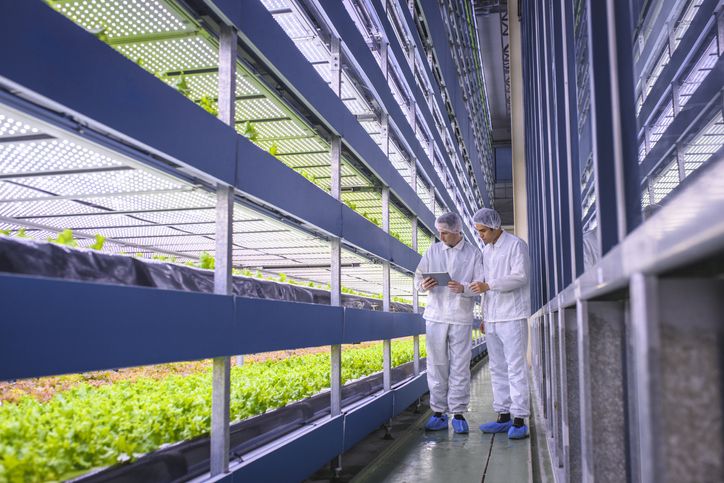A possible 60% of food systems emissions, and 20% of global emissions, could be cut by 2030 if financial institutions engage for change with the companies they invest in, according to a climate think tank.
Planet Tracker has analysed more than 400,000 companies, across 160 countries, including some of the world’s biggest brands such as Nestle, McDonald’s and Walmart, with the aim of establishing a real-world framework for financial institutions for urgent food system transformation.
Its Roadmap for Financial Institutions report highlights ways to deliver more than $1.5trn in economic benefits.
Before 2030, Planet Tracker is calling on financial institutions to require fully traceable supply chains, halve food loss and waste, stop funding deforestation, cut agri-methane emissions by 45%, encourage regenerative agricultural systems and invest in alternative proteins.
The annual investment to achieve these results is calculated at $300-350bn, equivalent to just 4% of the $8.6trn of current investment.
If implemented they would wipe out approximately 10 gigatonnes of CO2e – equivalent to double current US annual emissions – by 2030.
Food system harms
If financial markets fail to follow these steps and address the harms caused by the global food system, they face significant risks to their investment portfolios, according to the think tank, with individual food firms standing to lose 26% of their value.
Current unsustainable global food systems are responsible for approximately a third (34%) of global emissions, according to Planet Tracker.
Peter Elwin, director of fixed income and head of food and land use programme at Planet Tracker, said: “Unless the global food system is transformed, none of the global targets, pledges and ambitions that have been agreed in recent years with respect to people, planet and climate will be achieved.
“Financial institutions providing debt and equity finance have an outsize opportunity to influence systemic change. From halving food waste to stopping deforestation, six steps by investors could take 60% of food’s emissions off the table”.








